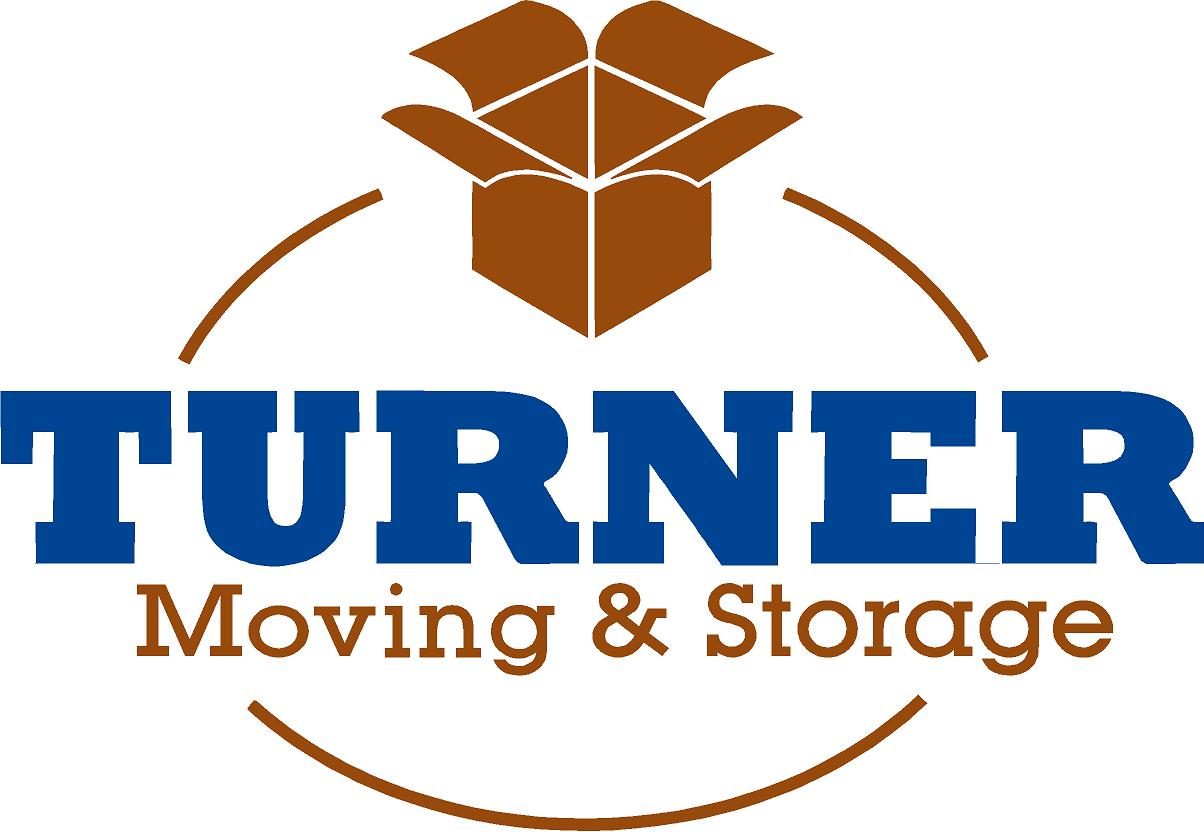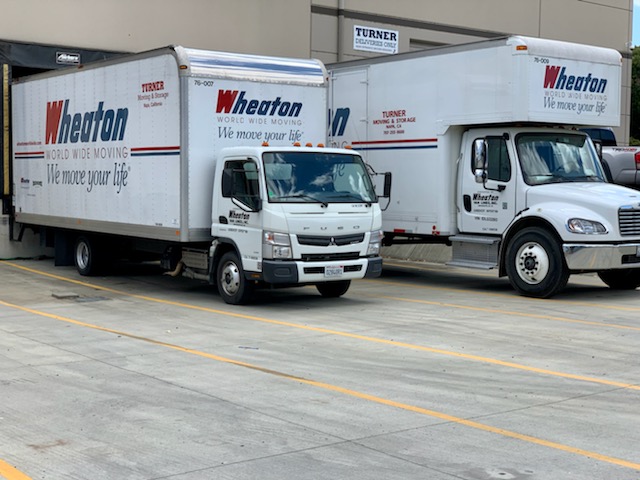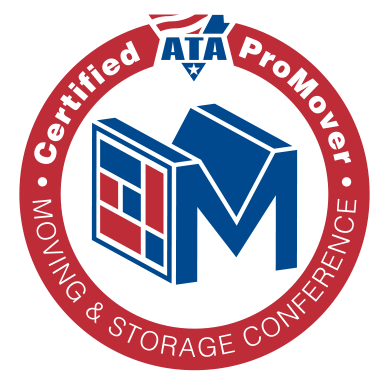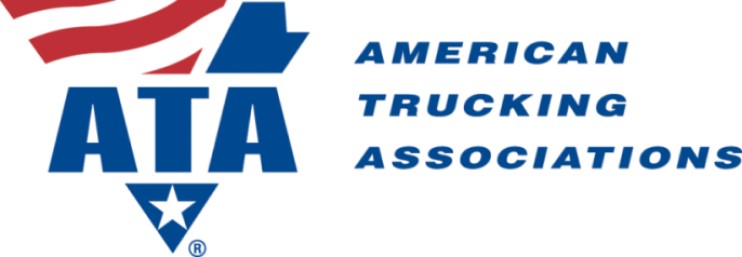Moving Broker vs. Moving Company in Napa
When deciding on which professional movers to trust for your upcoming move, you will come across moving brokers and moving carriers. There is a big difference between the two, which can lead to some dramatic issues with your move if you make the wrong choice.
Moving Carrier: Exactly what you think of when you hear “moving company”; a business with a moving truck, a crew, and move coordinators who will help you move your belongings from your current home to your new home.
Moving Broker: They will serve as a middleman between you and the moving carrier. They will take your information and sell it to one or more moving companies. Brokers typically make money through a fee from you, by selling your information to the moving carriers, or both.
The frustrating part is that it is difficult to determine which moving companies are carriers and which are brokers. This article breaks down the difference between the two and shows you exactly how to spot a broker.
Why Should You Avoid Moving Brokers?
Issues regarding moving brokers are a national issue, affecting people moving coast-to-coast. This is such a widespread problem that the U.S. Senate has even put together an in-depth report on consumer protection problems of internet moving brokers.
In this investigation, they found the following recurring points of impact on those that move with moving brokers:
- Price Hikes: Moving brokers often give a low estimate in order to get your business. This results in a price hike once your move ends up in the hands of a real moving company. According to this report, of the broker companies reviewed, 25% of calls, according to their call logs, were complaints of an increase of price once the carrier arrived.
- Hostage Situations: The committee staff reviewing this issue found recurring instances of hostage situations. This occurs when the price hike comes up after your items are loaded into the moving van, meaning you either pay the new price, which can be upwards of thousands of dollars more, or let them drive off with your belongings.
- Customer Confusion: Despite regulations requiring brokers to disclose that they are not carriers, this rarely occurs, according to the staff report. This causes confusion when a different company arrives on moving day.
- “Deposit” Fees: When working with a broker, you will typically have to pay what they call a “deposit”, but what ends up being a brokerage fee. This can range from over $100 to over $1000, and does not contribute to the price of your actual move at all.
In the end, moving brokers generally just want as much money out of you as possible, and they will make lofty promises while providing terrible service to achieve that. Due to the fact that they often change the name of their company, they don’t have to worry about upset customers.
How to Spot the Difference Between Brokers and Movers
With the issues that brokers can cause during your moving process, it’s important to understand how to spot the differences between brokers and carriers. By identifying them, you have the opportunity to know exactly who you move with and decide against the riskier options.
Here are the top 5 things to look for to spot the difference between moving brokers and moving carriers:
- Search Their License Number: You should be able to find your potential mover’s license number in the footer of their website. If they don’t have a license there, they probably aren’t trustworthy. If they do, you can look up their USDOT or MC number here. Officially, brokers are supposed to register as moving brokers with the FMCSA. If they do, it will appear here. However, many don’t, so look to see how many trucks they have. Moving carriers will always have a good number of trucks.
- Look for an Address: The address for your potential movers should be located at the bottom of their website. Once again, if they don’t have it listed, you probably can’t trust them. We suggest looking up the address listed and see if it’s a legitimate moving company using Apple Maps or Google Maps.
- Avoid Big Deposits: No moving carrier will ever ask for a big deposit. This is a huge red flag. Most will never ask for a deposit and those that do are only looking for a small “good faith” deposit, maybe a couple hundred dollars.
- Read Online Reviews: Don’t just look to see if they have online reviews, read them. It’s possible for any company to pay for reviews, but these phony reviews will be obvious. Verify your mover by looking for genuine, thoughtful positive reviews. Remain wary of reviews with incredibly generic, often one or two word, comments.
- Go with an Interstate Agent of a Van Line: While not all movers are affiliated with a van line, you can get an extra sense of security by partnering with a moving company that is an interstate agent of a nationally trusted van line, such as Wheaton World Wide Moving.
We encourage you to put together a list of a couple moving companies that meet all of these criteria. Once you have that list, speak with them and get estimates that include surveys of your belongings. Use this info to make an educated, confident decision about who you move with.
Final Thoughts
Moving is something that people don’t do too often, and when they do, they don’t always use full-service movers. Sadly, there are people out there that want to take advantage of this inexperience to make a quick buck. That is why it is important to be vigilant so that you move with a trustworthy moving company that treats you and your belongings with respect. Remember: Good movers aren’t cheap, cheap movers aren’t good.





















